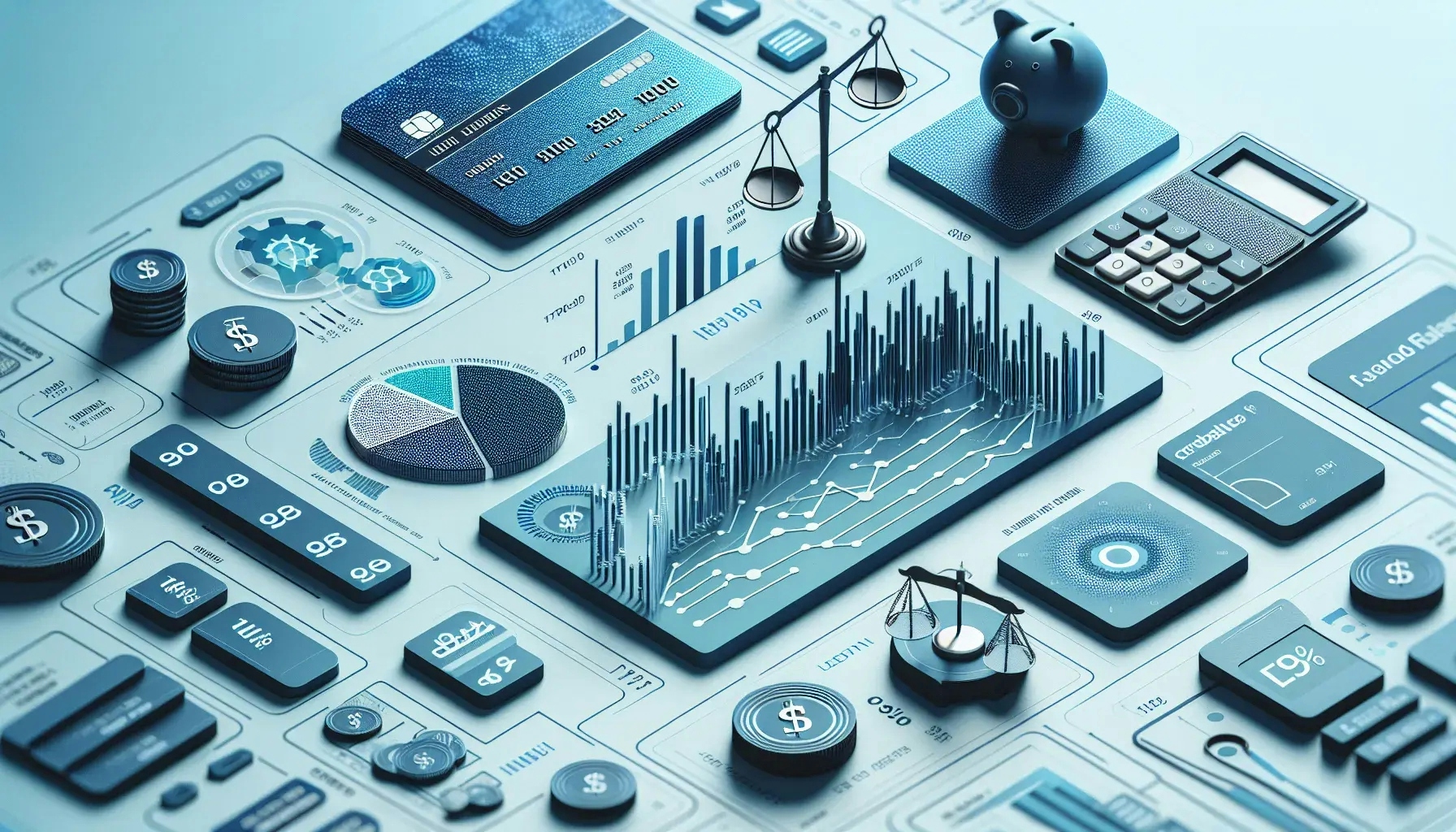Impact of Credit Limit On Credit Score
CreditLimit.io

Understanding the impact of your credit limit on your credit score is essential for financial health. This blog post will delve into the intricate relationship between these two financial factors. We'll explore how credit limits can affect your credit score, the role of credit utilization, and strategies to manage your credit limit effectively.
The Basics of Credit Limit and Credit Score
A credit limit is the maximum amount that a lender allows you to borrow on a credit card or line of credit. It's determined by several factors, including your income, credit history, and the lender's policies. On the other hand, a credit score is a numerical representation of your creditworthiness, based on your credit history.
Credit limits and credit scores are interconnected in several ways. One of the key links is credit utilization, which refers to the percentage of your available credit that you're using. Credit utilization is a significant factor in the calculation of your credit score.
It's crucial to understand that a high credit limit doesn't automatically translate to a high credit score. How you manage your credit limit plays a significant role in determining your credit score. For instance, if you max out your credit card regularly, it could negatively impact your credit score, even if you have a high credit limit.
The Role of Credit Utilization
Credit utilization is a critical factor in the calculation of your credit score. It accounts for 30% of your FICO score, which is the most widely used credit scoring model.
Credit utilization is calculated by dividing your total credit card balances by your total credit card limits. For instance, if you have a total credit limit of $10,000 and you've used $2,000, your credit utilization rate is 20%.
A low credit utilization rate is beneficial for your credit score. Most experts recommend keeping your credit utilization below 30%. This shows lenders that you're responsible with your credit and don't rely heavily on borrowing.
How a Higher Credit Limit Can Benefit Your Credit Score
A higher credit limit can potentially improve your credit score, primarily by lowering your credit utilization rate. If you keep your spending constant and increase your credit limit, your credit utilization rate will decrease.
For example, if you have a credit limit of $5,000 and you spend $1,500, your credit utilization rate is 30%. If your credit limit increases to $10,000 and you continue to spend $1,500, your credit utilization rate drops to 15%. This decrease can positively impact your credit score.
However, it's important to note that a higher credit limit doesn't guarantee a higher credit score. You need to manage your credit responsibly to maintain or improve your credit score.
The Risks of a Higher Credit Limit
While a higher credit limit can potentially improve your credit score, it also comes with risks. The most significant risk is the temptation to overspend. If you're not disciplined with your spending, a higher credit limit could lead to higher debt levels.
High debt levels can lead to missed payments, which can significantly damage your credit score. Payment history accounts for 35% of your FICO score, making it the most significant factor in your credit score.
Therefore, if you request a higher credit limit, ensure that you're disciplined enough to manage it responsibly.
Strategies to Manage Your Credit Limit Effectively
Managing your credit limit effectively is crucial for maintaining or improving your credit score. Here are some strategies to help you do this:
- Keep your credit utilization low: As mentioned earlier, it's advisable to keep your credit utilization below 30%. This shows lenders that you're responsible with your credit.
- Pay your bills on time: Payment history is the most significant factor in your credit score. Therefore, ensure that you pay all your bills on time.
- Don't close old credit cards: The length of your credit history is a factor in your credit score. Therefore, keep your old credit cards open, even if you don't use them often.
- Regularly review your credit report: This will help you spot any errors that could be damaging your credit score.
The Bottom Line
Your credit limit can have a significant impact on your credit score. A higher credit limit can potentially improve your credit score by lowering your credit utilization rate. However, it also comes with risks, including the temptation to overspend. Therefore, it's crucial to manage your credit limit responsibly to maintain or improve your credit score.
Wrapping Up: Your Credit Limit's Impact on Your Credit Score
Understanding the relationship between your credit limit and credit score is crucial for managing your finances effectively. Remember, a higher credit limit can potentially improve your credit score, but only if you manage it responsibly. Keep your credit utilization low, pay your bills on time, and regularly review your credit report to maintain or improve your credit score.